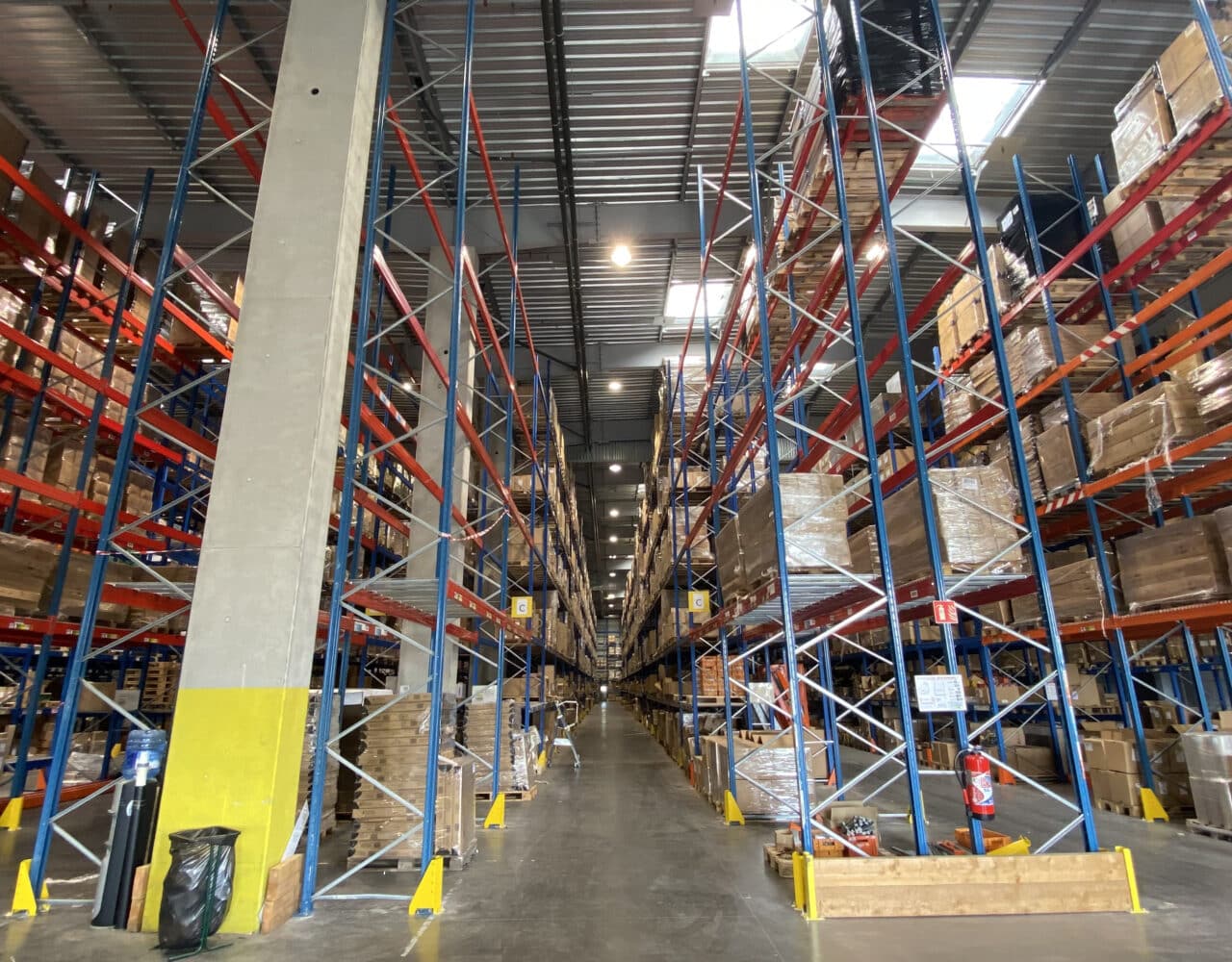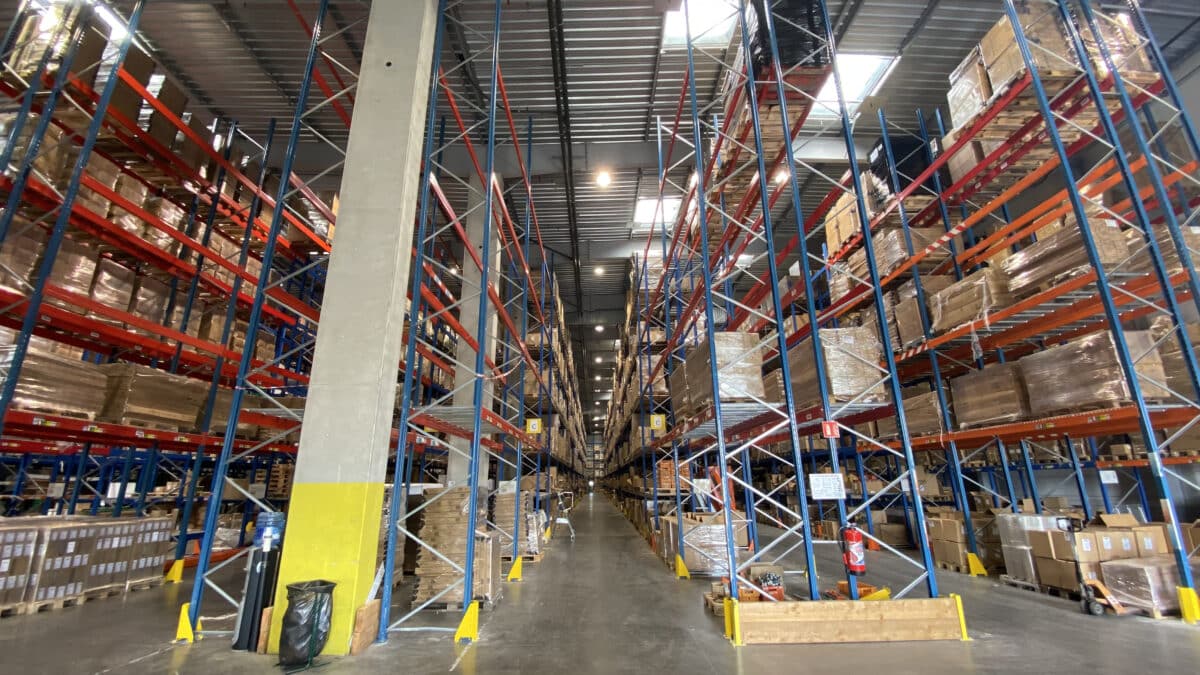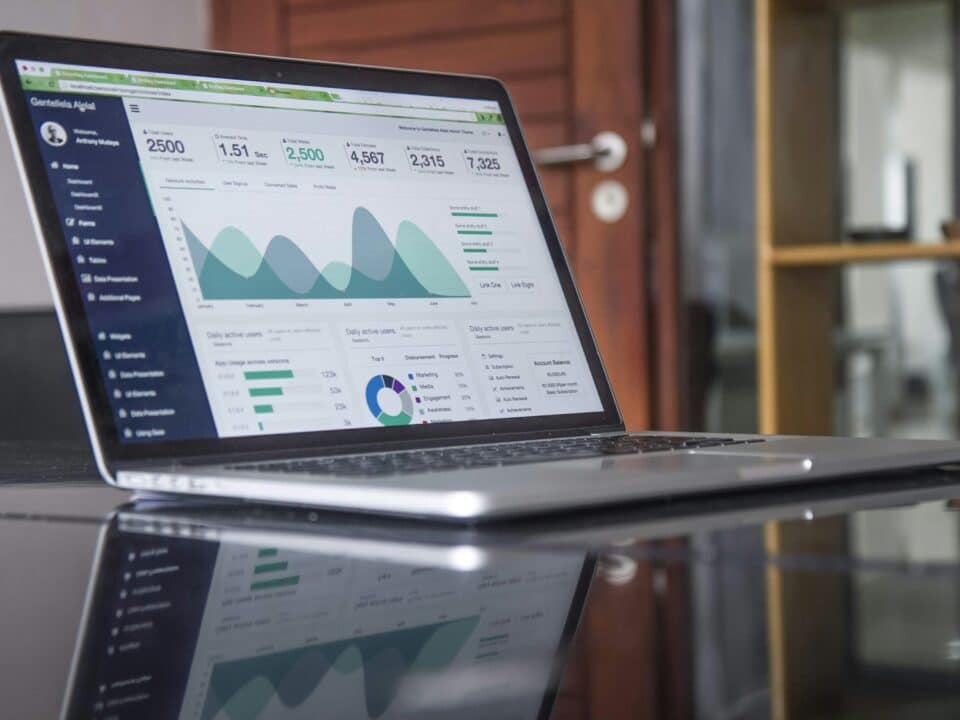3PL: Understanding outsourced logistics

Sample dashboard: monitoring your logistics solution
30 June 2025- 9 minutes

What are 3PLs in logistics?
Supply chain management is a strategic issue for companies. With this in mind, many players are turning to specialized service providers, known as 3PLs (Third Party Logistics), to outsource all or part of their logistics activities. What does the term 3PL actually mean? What services do they cover, and why use them?
The 3PL logistics provider: definition and principles
A 3PL provider, or third-party logistics provider, is an external company to which another company entrusts the execution of logistics operations, such as :
- Receiving goods
- Storage
- Order picking
- Packaging
- Shipping
- Returns management
The 3PL concept is the opposite of in-house logistics. The service provider plays a key role in optimizing the supply chain, drawing on its skills, infrastructure and technological tools.
3PLs, a service distinct from other logistics providers
The different levels of logistics outsourcing
Today, there are several levels of logistics outsourcing, identified by the terms 1PL to 5PL :
1PL (First Party Logistics): A 1PL is a company that manages its own logistics entirely in-house. It has its own transport vehicles, warehouses and logistics personnel. This model is often adopted by large industrial groups or highly verticalized companies. It offers total control, but involves high fixed costs.
2PL (Second Party Logistics): The 2PL uses specific logistics service providers, such as carriers or warehouse managers. Outsourcing is limited to certain functions (e.g. long-distance transport), but overall logistics management remains in-house. In this way, you gain expertise while retaining a degree of operational control.
3PL (Third Party Logistics): The 3PL integrates several logistics functions in a coordinated manner. The service provider takes charge of complete or partial logistics management, including storage, order preparation, delivery and returns. It becomes a true partner in the supply chain. This is the model most commonly used today, particularly in e-commerce. It enables e-merchants to benefit from a tailor-made service. The 3PL ensures regular follow-up and transparent communication. A good 3PL partner adapts to your business vision, and is able to propose solutions that fit your situation.
4PL (Fourth Party Logistics): The 4PL is a logistics integrator. It does not directly manage operations, but steers and supervises the entire logistics chain, relying on several 3PLs. Its role is strategic: optimizing flows, choosing partners, analyzing data. This model is often adopted by major international companies.
5PL (Fifth Party Logistics): The 5PL takes outsourcing to the extreme. It manages the logistics of several companies simultaneously, often via shared digital platforms. The 5PL relies heavily on technology (AI, big data, automation) to optimize logistics flows on a large scale. This model aims for global, integrated and automated logistics.
The 3PL stands out for its ability to manage several logistics functions in an integrated way, tailored to customer needs.
What tasks are entrusted to 3PLs?
The services offered by 3PL providers are numerous and cover the entire logistics cycle:
- Warehouse management: receiving, quality control, stocking.
- Order preparation: picking, packing, personalization.
- Transport: organizing shipments, monitoring deliveries, optimizing costs.
- Returns management: sorting, repackaging, reintegration into stock.
- Reporting and analysis: logistics performance indicators.
Some 3PLs go even further, offering e-commerce logistics, IT integration and customer support services.
The advantages of 3PL logistics providers
Using a 3PL logistics provider offers a number of advantages for companies. One of the first advantages is the reduction in logistics costs. By pooling resources, accessing negotiated carrier rates and benefiting from an existing infrastructure, companies can significantly optimize their operational expenses.
By delegating the management of their flows to an expert, they also save precious time and can concentrate their efforts on their core business: production, marketing or sales development. The know-how of a 3PL helps to streamline operations and ensure quality logistics.
Another major advantage is flexibility. 3PL providers are able to adapt quickly to variations in activity, whether seasonal peaks, exceptional promotions or rapid growth. Their operational agility is an efficiency lever for companies operating in a constantly changing market.
Finally, the quality of customer service is improved. Outsourced logistics means faster, more reliable delivery, better returns management, and greater end-user satisfaction. This strengthens brand reputation and encourages customer loyalty.
What types of 3PL companies are there?
So every company can find a 3PL that’s right for its business.
3PL companies are distinguished not only by the services they offer, but also by their specialization, size, geographical location and technological level. They can be grouped into several broad categories, depending on the needs of their corporate customers and the nature of their business.
First there are the generalist 3PLs, offering a wide range of standard logistics services. These players are particularly well suited to companies with simple or standardized flows, such as the distribution of fast-moving consumer goods or non-perishable products. They are often chosen for their ability to handle large order volumes and offer competitive rates.
Then there are the specialized 3PLs, who focus on a particular sector or type of product. These may include, for example, cold logistics specialists for food or pharmaceutical products, logistics specialists specializing in hazardous materials, or experts in cosmetics logistics, where packaging, traceability and presentation are highly demanding. These service providers stand out for their in-depth knowledge of regulations, specific quality standards and technical constraints specific to each sector.
Another fast-growing segment is that of 3PLs dedicated to e-commerce. These players are well versed in the demands of e-commerce: real-time order management, integration with CMS (Shopify, Prestashop, WooCommerce…), rapid preparation, customized packaging, automated returns management, customer tracking and 24/48h delivery. Some even position themselves exclusively on DNVBs or marketplaces, offering “plug & play” solutions for start-ups or digital brands.
There are also 3PLs with a regional or international dimension. The former are anchored locally, and offer optimum responsiveness in a precise geographical area, ideal for local distribution or convenience retailing. The latter operate across several countries or continents, with interconnected logistics hubs, and are capable of managing complex supply chains on a global scale.
Finally, some large groups act as integrated 3PLs, offering high value-added services in addition to traditional logistics: assembly, quality control, kitting, outsourced customer services, and even marketing or BPO services. These are true industrial partners, sometimes close to the 4PL model.
How do 3PL services work?
The operation of a 3PL service is based on close cooperation between the customer and the logistics provider. The first step is usually a logistics audit. This diagnosis enables us to assess existing flows and specific constraints (volumes, product typology, geographical areas served, seasonality), and to identify optimization levers. Following this audit, an action plan is drawn up to build a customized solution.
This is followed by a technical integration phase, during which the customer’s systems (ERP, e-commerce CMS, inventory management software) are connected to the service provider’s tools, notably the WMS (Warehouse Management System) and TMS (Transport Management System). This interoperability guarantees complete traceability, real-time data synchronization and automated order flows.
Once the products have been transferred to the 3PL’s warehouses, they are received, inspected and stored according to agreed standards (temperature-controlled zone, high rotation, security, etc.). The 3PL then takes charge of all day-to-day logistics operations: order preparation, customized packaging, carrier label printing, multi-carrier dispatch, and returns processing.
The whole process is managed using dynamic dashboards which provide key performance indicators: service rate, error rate, average lead times, volume processed, unit cost. These data enable precise monitoring and continuous improvement, adapting to unforeseen events or peaks in activity. In short, a 3PL service functions as an outsourced but fully integrated extension of a company’s supply chain.
Possible disadvantages of 3PL
Despite its many advantages, using a 3PL service provider does have its drawbacks.
By delegating a critical part of its activity, the company must accept a certain dependence on the service provider. This transfer of responsibility requires mutual trust and contractual transparency.
Poor communication and follow-up can also lead to preparation errors, shipping delays and poor returns management.
Finally, not all service providers are equal in terms of quality, responsiveness or adaptability. Choosing the wrong 3PL for your needs can result in higher costs, wasted time and even lower customer satisfaction. Hence the importance of selecting a reliable, transparent partner.
How to choose a 3PL supplier
The choice of a 3PL logistics provider must be based on a detailed analysis of your company’s specific needs. It is essential to ensure that the 3PL has the relevant sector expertise: does it know the regulatory, seasonal or technical constraints specific to your products?
The geographical location of warehouses is also a key criterion, as it directly influences delivery times and transport costs. A 3PL with a dense or strategic network can better serve your target areas.
The service provider’s technological capabilities must be carefully examined: does he offer a high-performance WMS, clear reporting tools, and seamless integration with your software? These tools determine the quality of logistics management.
It’s also a good idea to look at contractual flexibility: termination terms, scalability of services, contingency management. Finally, don’t hesitate to ask for customer references and to carry out a test over a short period to assess service quality.
How much does a 3PL service cost?
The cost of a 3PL provider depends on many factors: volume of orders to be processed, type of products, expected level of service, frequency of flows, technical integrations, specific services such as co-packing or personalization. There’s no such thing as a “one-size-fits-all” price, but rather a range of modular pricing structures.
In general, pricing includes :
- Initial integration package (configuration, connectivity, training)
- Fixed monthly fees (platform access, support, follow-up)
- Variable costs linked to activity (number of orders, packages prepared, storage, returns)
For example, warehousing can be invoiced by pallet, cubic meter or reference. Order preparation may include a charge per parcel, as well as additional charges per option (personalization, labeling, fragile products). A good estimate involves requesting a personalized quote based on your precise specifications.
The importance of technology in 3PL logistics
Modern 3PL providers rely on advanced technologies to optimize flows:
- WMS (Warehouse Management System): warehouse management
- TMS (Transport Management System): shipment management
- E-commerce integration (Shopify, WooCommerce, Prestashop)
- Real-time tracking: parcel tracking
- Predictive analysis tools: anticipating needs
These tools are key to ensuring visibility, speed and reliability.
Examples of sectors using 3PL services
- E-commerce: order management, returns, express delivery.
- Fashion & textile: fast replenishment, personalization.
- Cosmetics & well-being: packaging requirements.
- Technological products: traceability, anti-breakage.
- Industry: spare parts logistics, B2B procurement.
Towards more sustainable logistics with 3PLs
The transition to more sustainable logistics is now a major challenge for companies and their logistics partners. Faced with growing environmental concerns and increasingly stringent regulatory requirements, 3PL providers play a central role in reducing the ecological impact of supply chains.
Third-party logistics providers are investing heavily inoptimizing transport flows, using advanced planning algorithms to pool deliveries, reduce empty mileage and favor low-emission modes of transport (electric vehicles, rail or river freight). This rationalization contributes directly to the reduction of CO₂ emissions.
At the same time, increasing attention is being paid to theeco-responsibility of packaging. Increasingly, 3PLs are offering packaging solutions that are reusable, recyclable or made from biodegradable materials. Some even go so far as to automatically adapt parcel sizes to avoid unnecessary empties and reduce transport volumes.
Our commitment to the environment also extends to the energy management of our warehouses: LED lighting, photovoltaic panels, heat recovery and the use of energy-efficient equipment. Environmental certifications such as ISO 14001 and CSR labels provide a framework for these initiatives and guarantee their seriousness.
Finally, the technological tools integrated into 3PL platforms enable precise monitoring of the carbon footprint of logistics operations, making it easier to monitor sustainable indicators and implement corrective action plans.
By aligning themselves with the values of their customers and the expectations of society, 3PL service providers become true players in green logistics, capable of reconciling economic performance with environmental responsibility.
- Optimizing transport routes to reduce carbon footprint
- Use of recyclable or reusable packaging
- Environmental certifications (ISO 14001)
These efforts are in line with consumer expectations and corporate CSR strategies.
Why choose a 3PL provider?
Outsourcing your logistics to a 3PL provider means choosing a strategic partner capable of supporting your company’s growth and logistics performance. Adaptability, cost control, access to cutting-edge technologies and improved customer service are just some of the benefits that justify the growing interest in these services in France.




